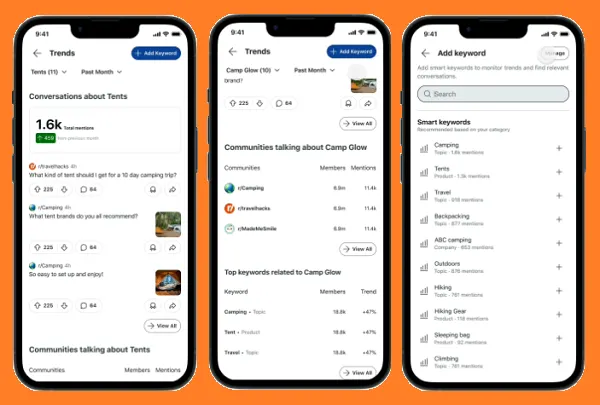How Job-hopping Impacts Your Retirement Savings
Conventional (and perhaps outdated) wisdom says that “job-hopping” will ruin your resume. But where older generations could count on staying at the same company for decades, millennials and Gen Z don’t get that same guarantee. Read more...

Conventional (and perhaps outdated) wisdom says that “job-hopping” will ruin your resume. But where older generations could count on staying at the same company for decades, millennials and Gen Z don’t get that same guarantee.
Sticking around in a job that makes you miserable does neither you nor the employer any good. But how will decades of job-hopping impact you in the long term? Here’s what to consider so you can factor the impact of job-hopping into your retirement savings.
You could miss out on company perks
Odds are your employer has some sort of retirement savings plan designed to keep you working for them as long as possible. With incentives like a dedicated vesting schedule or matching 401(k) contributions, workers who stick with one company get rewarded for their loyalty—while job-hoppers feel like they’re leaving free money on the table.
Outside of employer-sponsored retirement accounts, sticking with one company could come with different sorts of benefits that allow you to save more of your paycheck for retirement. Consider how much more you could contribute to your retirement accounts if you’re otherwise saving money on your work location, health insurance, paid leave, gym reimbursements, annual bonuses, and so on.
Still, many of us have no choice but to hop from job to job. Here’s how those changes might actually benefit your long-term savings.
Job-hopping could improve your earning potential
Sure, “make more money” sounds like a no-brainer, but it’s important to point out here. An aversion to changing jobs could mean you’re not exploring more high-paying options out there. If you job-hop with upward mobility, your increased earning potential will translate to increased retirement savings. In most cases, increasing your overall income will do more for you in the long-term than any one company’s vesting schedule.
Of course, this means you actually have to be setting aside a portion of your increased income toward those savings. Even if your earning potential isn’t improving, it’s still wise to contribute to a retirement-specific account like a 401(k) or Roth IRA. With the magic of compound interest in these accounts, every little bit you contribute goes a long way (especially compared to a traditional savings account). What matters is that you start to save and invest ASAP
Make sure to do a 401(k) rollover
Despite what the older generations preach, job-hopping is rarely within your control. What is in your control is how you maximize your savings when your employer keeps changing.
It’s a common mistake to cash out your 401(k) from your previous employer, or to forget about it for years. If you do job-hop—and whether or not the hop was your choice—you should consolidate your old 401(k) into another qualified retirement plan. The obvious advantage is maximizing your savings, having access to a broader range of investments, and the ease of having less to keep track of.
Here’s our guide to finding your old 401(k) savings from previous jobs so you can maximize your retirement savings, no matter how many different gigs you’ve got on your resume.

 JaneWalter
JaneWalter 
































